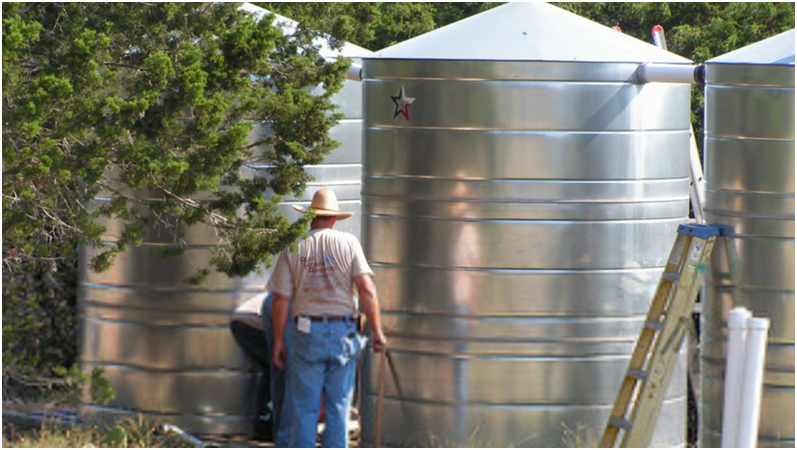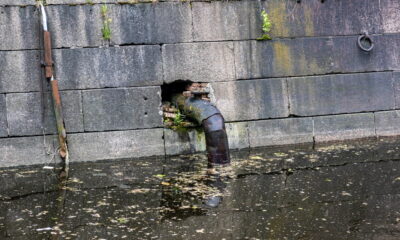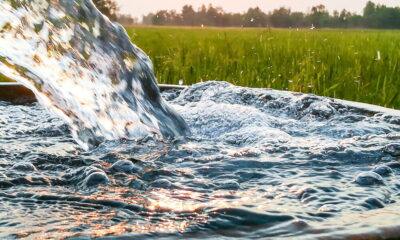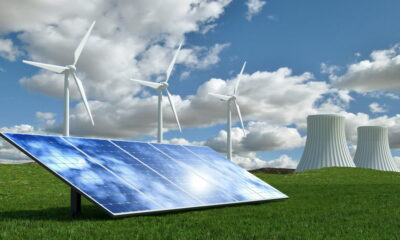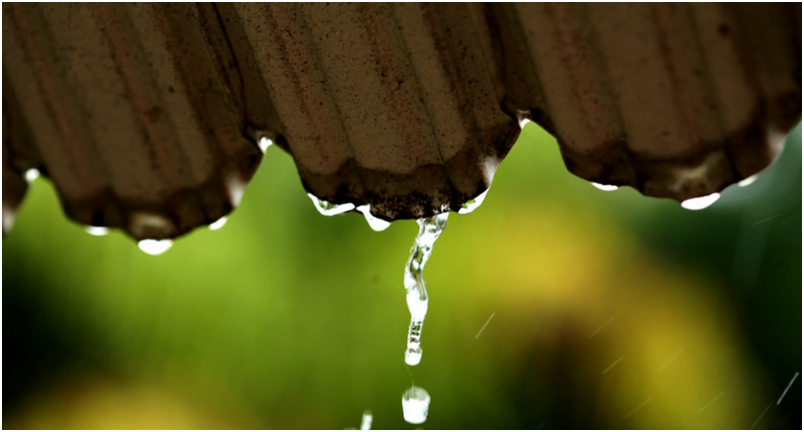
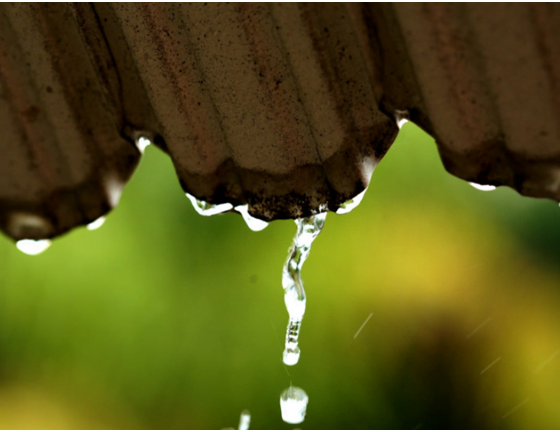
Environment
Why Rainwater Harvesting is Now An Environmental Necessity
You might probably hear about the buzz going around about the use of rainwater harvesting systems — but what exactly is this? Basically, rainwater harvesting is a method that is used for rainwater collection and storage for different domestic and industrial purposes. This may include irrigations, household chores, hygiene, and for drinking. But what else?
This practice has become more and more popular over the last few years, because many homeowners and businesses are now becoming independent on using groundwater to cater their needs, most especially in the areas that are drought-prone.
In this article, let’s dig deeper and discover the different advantages and benefits and why rainwater harvesting is becoming a necessity for many households.
Absolutely free water source
One of the major advantages of using rainwater harvesting systems for industrial or domestic use is that it is a completely free source of clean water. This could mean that it is an ideal way to reduce water bills especially for agricultural business or large garden complexes.
Easy to install
Rainwater collection system is now widely available to support different household needs. Fortunately, the installation of several important components like storage tanks, small pipe, and hose, spigot, and collection systems is easy with the help of professionals. By simply using the rain gutters on your house’s roof and directing the collected runoff to your storage tank is the easiest and simplest way to collect rainwater and use it for any purposes.
However, you have to make sure that you use the right types of guttering systems. A company like lindab guttering can find one that is both sustainable and sturdy.
Several purposes
Speaking of purposes, rainwater harvesting is the perfect technique for supporting different household chores like doing the laundry, washing your car and windows, for drinking, hygiene, watering the plants in your garden, and other chores that require water. Make sure that all the components are properly maintained and clean in order to prevent any toxic materials that can fill up the water tanks.
Environment-friendly
Rainwater harvesting systems are now becoming a necessity instead of just an option. This is mainly because it promotes a cleaner and greener environment in terms of the reduction of carbon footprints. For example, using a perfectly clean and uncontaminated water is not as efficient as using rainwater.
Unstable and unsafe for environment practices may include clean water for washing cars and flushing the toilets, so why not use rainwater to reduce your utility bills?
Irrigation
On the agricultural areas, water irrigation is a major factor that contributes to the growth of the crops in the area. This is why the use of rainwater harvesting is beneficial for different agricultural purposes. In this way, it could also decrease the soil erosion, which is linked to floods during a heavy rainfall.
Rainwater can improve the growth of the plant by reducing any pollutants in the soil such as toxic chemicals from pesticides or fertilizers, and other man-made contaminants.
Reduces the use of Groundwater
According to research, areas that are prone to drought-like South Africa are now opting for rainwater tanks from Waterstoragecapetown.co.za and other water storage systems in the household. The fact that increasing number of populations on the planet use natural water resources is alarming. For example, in some parts of the world, aquifers and groundwater resources are now at an extremely low level.
This is why using rainwater harvesting tanks is an alternative way to use groundwater as well as a perfect way to conserve water. Additionally, rainwater can also preserve the lakes and rivers in the area, as it decreases flooding and supports less pollution in the long term.
To get the most out of this essential water collection system, it is important to have the knowledge on how to properly maintain its different components such as the storage tank, base, hose, pipes, and so on. In this way, you can make sure that there are no risks of leaks or contaminated materials that could affect the quality of the water stored in the water tanks.
Whether for small- or large-scale purposes, rainwater harvesting is an excellent choice for environmentally friendly options. It is no wonder that in the near future, the world will continue to develop essential techniques to preserve and maintain the environment as well as improve our lives.
Rainwater harvesting is not just an option anymore. It is now continuously becoming a necessity.

